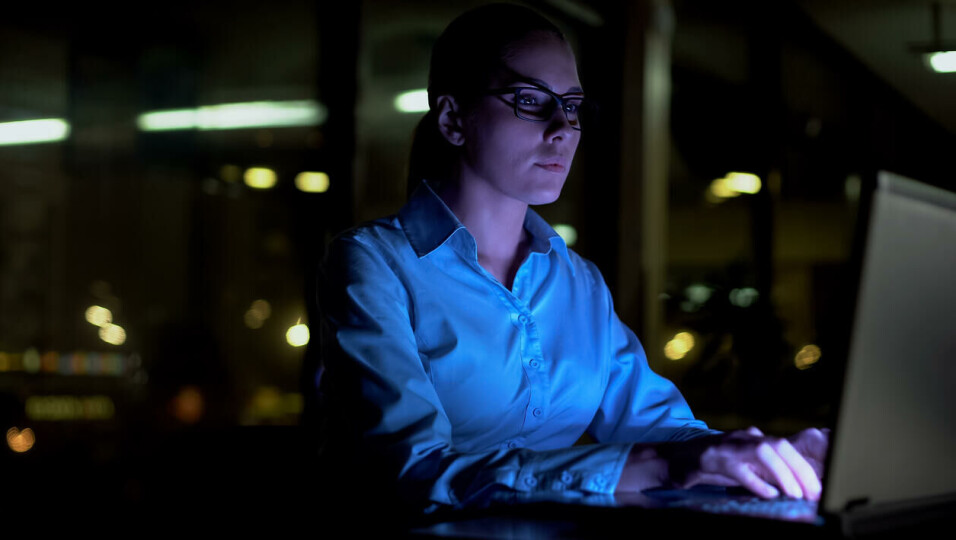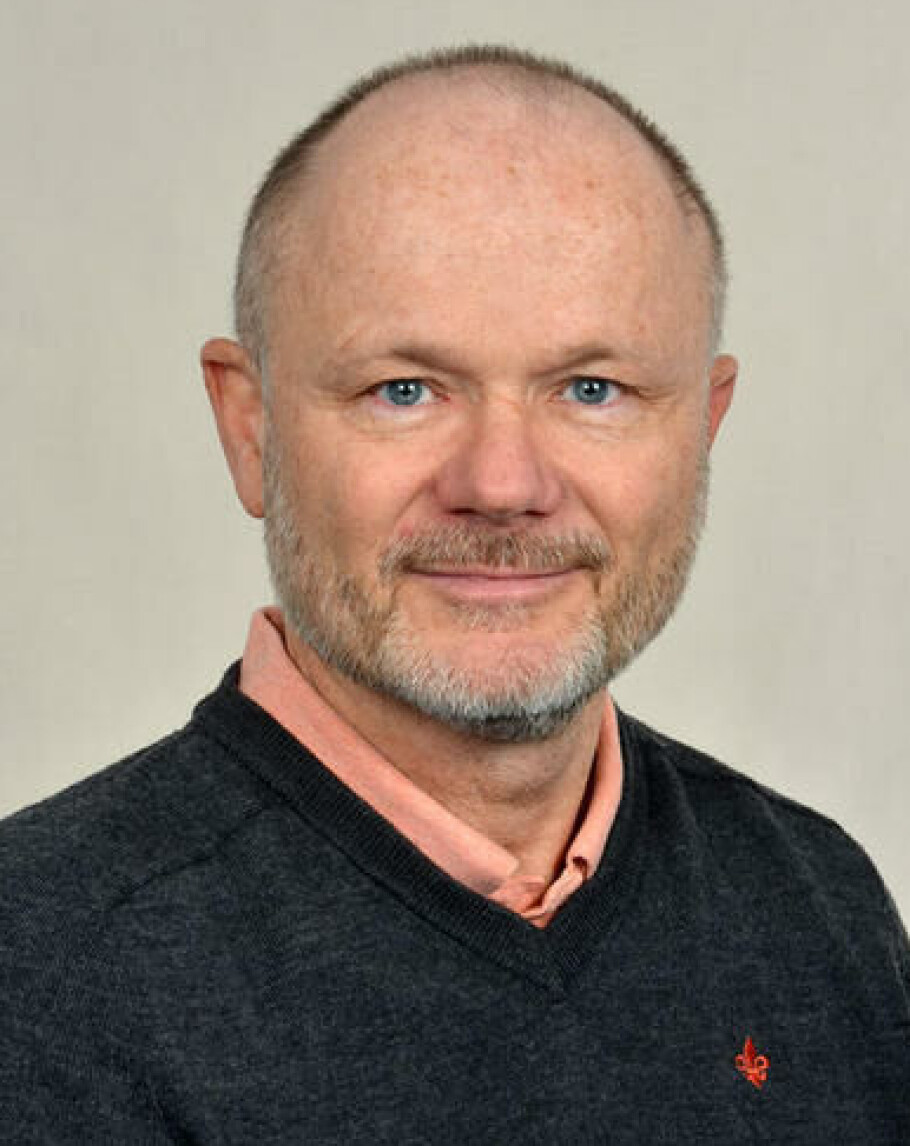THIS ARTICLE/PRESS RELEASE IS PAID FOR AND PRESENTED BY the University of Bergen - read more

Shift workers have a higher risk of severe Covid-19
Compared to day workers, shift workers have an almost six-fold higher risk of needing hospital care due to Covid-19, according to a recent study from the University of Bergen.
Working night shifts is associated with several negative health outcomes, including an increased risk of infections.
An international group of researchers has now investigated how shift work and working face-to-face with others, affects the risk of Covid-19 and the severeness of the infection.
7,141 workers from 16 countries answered an online survey about their work conditions, if they had been infected with the coronavirus, how serious the infection was and if they had been hospitalised because of Covid-19.
Those who worked face-to-face with others had a higher risk of Covid-19.
“However, they did not have a higher risk of developing a more severe outcome of the infection, compared to those not working face-to-face with others,” Bjørn Bjorvatn says.
He is first author of the article and Professor of Medicine at the Department of Global Public Health and Primary Care at the University of Bergen.

Take the vaccine after a good night's sleep
Compared to daytime workers, shift workers did not have a higher risk of getting infected. Bjorvatn explains this by the fact that the virus is very contagious, and that the infection rate in the general society is high.
“Shift workers are not likely to be exposed to more virus than day workers,” he says.
Once infected, however, shift workers had an almost six-folded higher risk of being hospitalised due to Covid-19, compared to daytime workers.
This supports the hypothesis that sleep deprivation affects the immune system in a negative way.
“Other studies show that the response to vaccination is poorer in sleep-deprived individuals. Therefore, shift workers should take their vaccines after a good night's sleep,” Bjorvatn advises.
Reference:
Bjorvatn et al. Shift workers are at increased risk of severe COVID-19 compared with day workers: Results from the international COVID sleep study (ICOSS) of 7141 workers, Chronobiology International, 2022. DOI: 10.1080/07420528.2022.2148182

This article/press release is paid for and presented by the University of Bergen
This content is created by the University of Bergen's communication staff, who use this platform to communicate science and share results from research with the public. The University of Bergen is one of more than 80 owners of ScienceNorway.no. Read more here.
See more content from the University of Bergen:
-
The ice on Greenland is acting strangely. Researchers believe they finally know why
-
Early human innovation: Was climate really the cause?
-
The proteins in your blood can reveal early signs of heart problems
-
Electricity against depression: This may affect who benefits from the treatment
-
Quantum physics may hold the key to detecting cancer early
-
Researcher: Politicians fuel conflicts, but fail to quell them




































